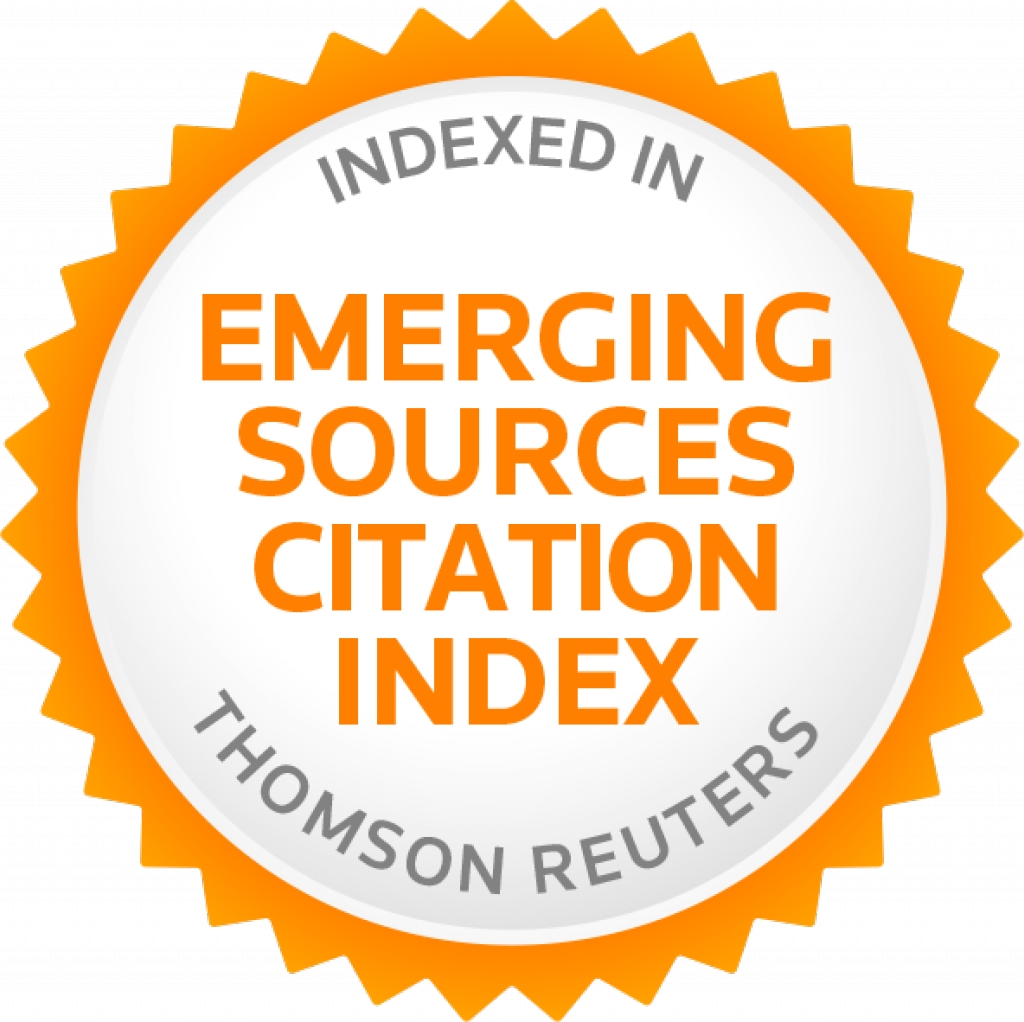A research paper publication in an SCI journal does not necessarily a reflection of its good quality. A journal receives SCI coverage mainly due to certain best practices being adopted by that journal over many years. A journal must go through a rigorous review by editors assigned after the application of a journal is received for coverage in the SCI database. Post coverage each SCI journal is continuously monitored by editors of SCI database.
There are chances that SCI coverage of a journal be suspended temporarily/permanently if something unusual in the journal operation is noticed by responsible editors of the database. Thus a journal being covered in SCI database may be thought of as a reflection of its good quality in its present standing. It is worth mentioning here that SCI coverage should not be the single criterion to determine a journal's quality. It is at the discretion of a particular journal whether it wants to get evaluated for SCI coverage or not. SCI (actually SCIE or SCI-Exp.) stands for Science Citation Index and have international acceptance for several purposes and mainly as a trusted source for lists of good quality journals in science subjects. SSCI (Social Science Citation Index) & AHCI (Arts and Humanities Citation Index) are also the product of the same company ‘Clarivate Analytics' (formerly 'Thompson Reuters') that maintains SCIE database and are treated similarly like that of SCIE, but for social science, arts, humanities and other relevant subjects. There are several other database products of other companies and organizations that also cover/index subject or field of research specific journals as well as archive published contents in abstracted or full format. Now days, a journal does not get SCIE, SSCI or AHCI coverage directly, but potential journals are covered in ESCI (Emerging Sources Citation Index) first and continuously monitored for subsequent SCIE, SSCI or AHCI coverage. There are also databases like Indian Citation Index, Korean Citation Index, and many more having national/regional acceptance only.
In order to justify the post publication impact or influence of a research paper, citation of that paper is referred. Scopus is a trusted database that keeps record of citation of published papersin journals indexed by it for authors. There are several useful features in connection with citation and others being offered by Scopus. Google citation is another service available for interested authors. Google citation is available for Google Scholar indexed journals. Google Scholar seems to indexa journal that is applied subject to fulfilment of certain technical criteria that enable crawling of published data. Scopus indexation requires post application thorough verification for quality and other parameters. A journal may be suspended or cancelled by Scopus subject to violation/compromise of certain criterion. Scopus is not a subject specific database but has international acceptance for several purposes.
How much reliable the citation information about an author is? This is a big question of present time. There should not beany doubt about the citation record of researchers/authors who always adhere to ethical norms irrespective of any written or strict guidelines regarding citation. But it can’t be ignored that there are ample scopes of tampering it in many ways by researchers/authors and other stakeholders. It also matters who is citing your works. So data concerning citation of a particular researcher may not actually be a correct reflection of his/her research impact. There are several such relevant issues that require proper attention by respective stakeholders. The information provided in this article is not complete or most accurate in many cases and require in-depth study for proper understanding.
